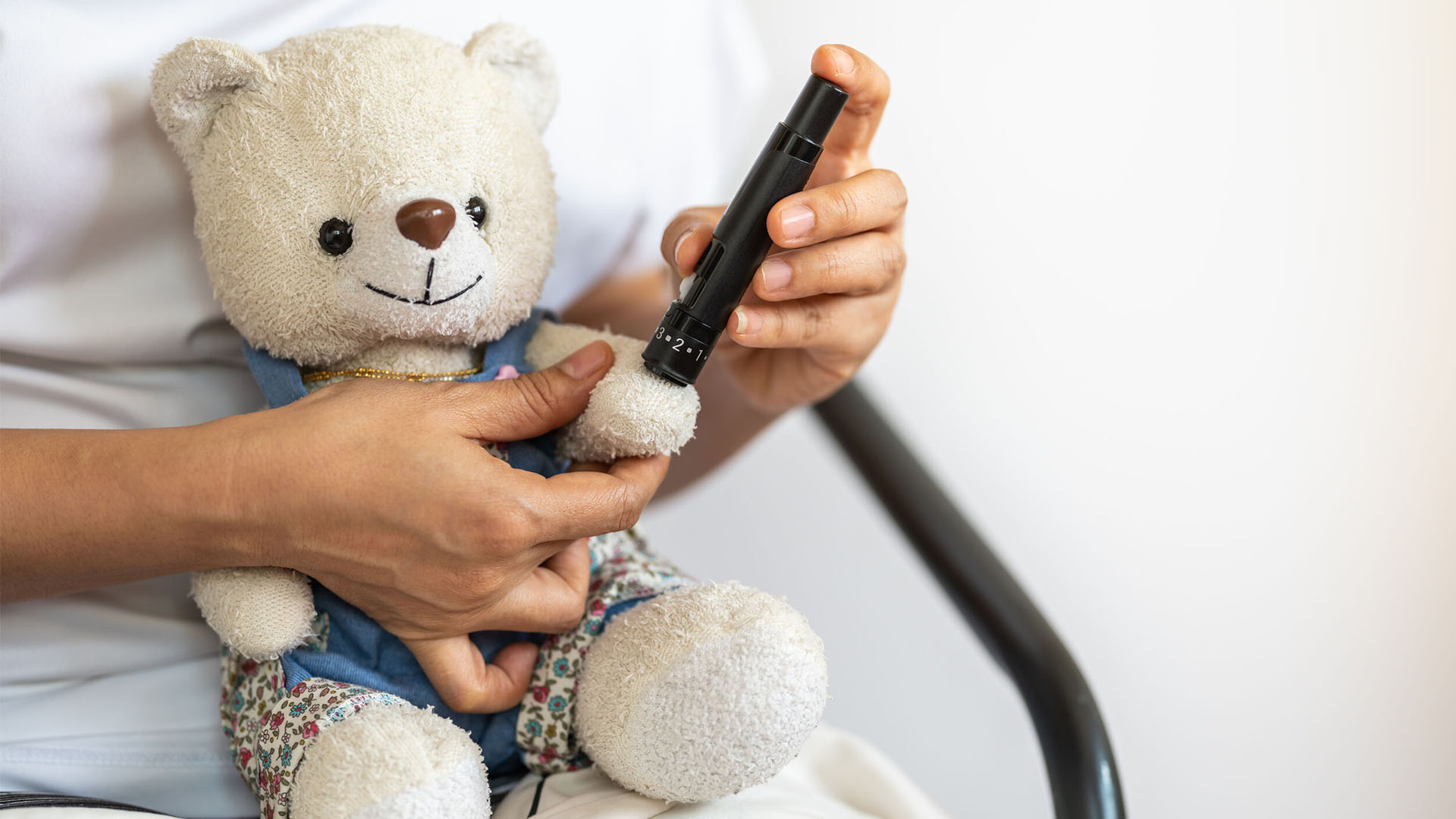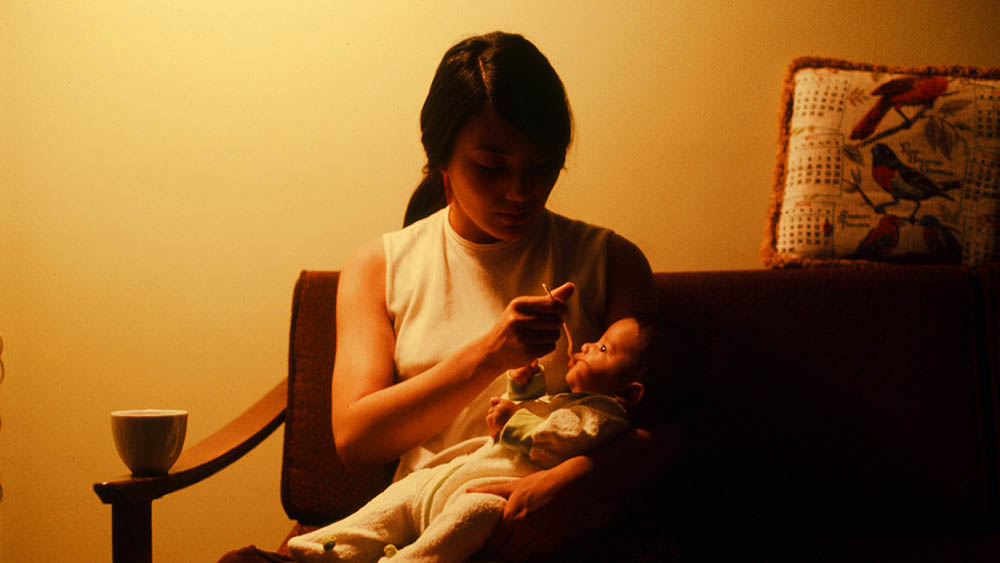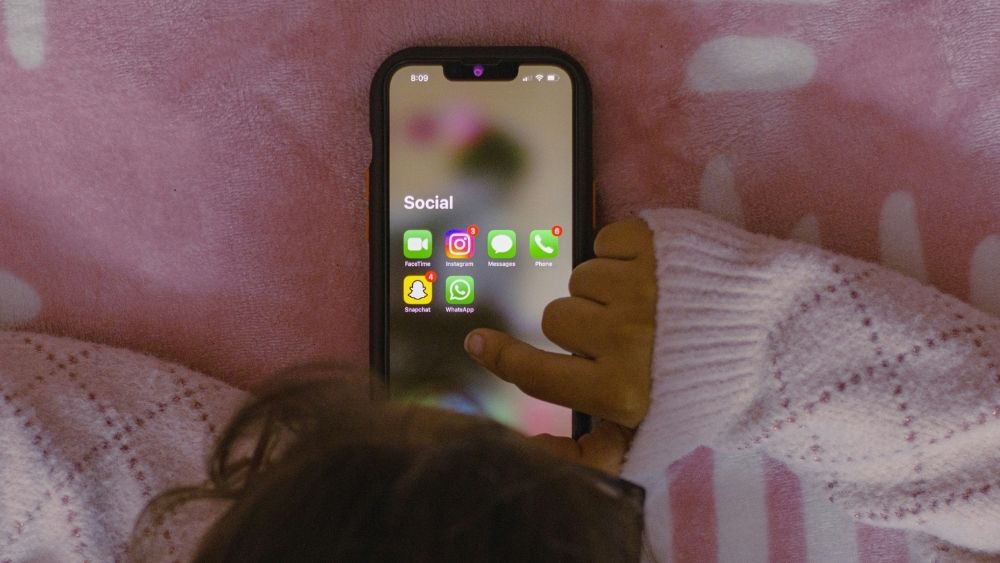Survival Guide: When Your Child Is Hospitalised
Being hospitalised is challenging for a person of any age, but all the more so when it’s your own kid. All the waiting and tests, seeing numerous doctors and nurses, and poking and prodding while trying to console a crying kid can feel overwhelming as you try to suppress your deepest worries. But there are ways to manage your child’s hospital experience and make it easier. From tips on how to best talk to your child and keep them entertained, to communicating with health professionals, here is an essential guide to survive your child’s hospital stay.
1. Being there for your child as much as you can
Your physical presence during your child’s hospital stay is invaluable because you know your child best. For younger children especially, separation from their parent in a hospital environment when they’re already scared and in pain can cause major stress. As much as possible, be there for your child, especially overnight, during uncomfortable tests or procedures, and when the doctors make rounds. This also allows you to participate fully in the decision-making process.
That said, it’s understandable if you can’t be in the hospital 100% of the time. Breaks are important for you to keep up your own health and emotional reserves. Take turns with your spouse, and be there as much as your job and other family responsibilities allow.
2. Talking to your child
What and how you tell your child about their hospital visit can make a big difference in how they feel about the situation — freaked out, or more relaxed and trusting. Here are some tips for talking to your child about being hospitalised:
Keep things simple. Be honest, but keep your answers simple and age-appropriate. Most often, kids just want to know what’s going to happen and if it’s going to hurt. Tell them what the problem is and how the doctor is going to fix it. When possible, use the doctor’s name instead of referring to them as “the doctor” to help your child put a face to the name.
Get your emotions under control first so that you can speak to your child calmly. Kids are good at picking up stress signals from their parents. Also, it’s common for kids to ask the same questions over and over in stressful situations; more than ever, be patient and loving in how you respond.
Acknowledge your child’s feelings to let them know you understand. Don’t deny or dismiss that there are uncomfortable and unpleasant things about being hospitalised. The stressful experience might cause children to act out or want to be babied more than usual. This is normal. Help your child by naming the emotion they are feeling. For example, “I can see that it’s frustrating to keep getting woken up throughout the night when all you want to do is sleep. I’d feel frustrated by that too.”
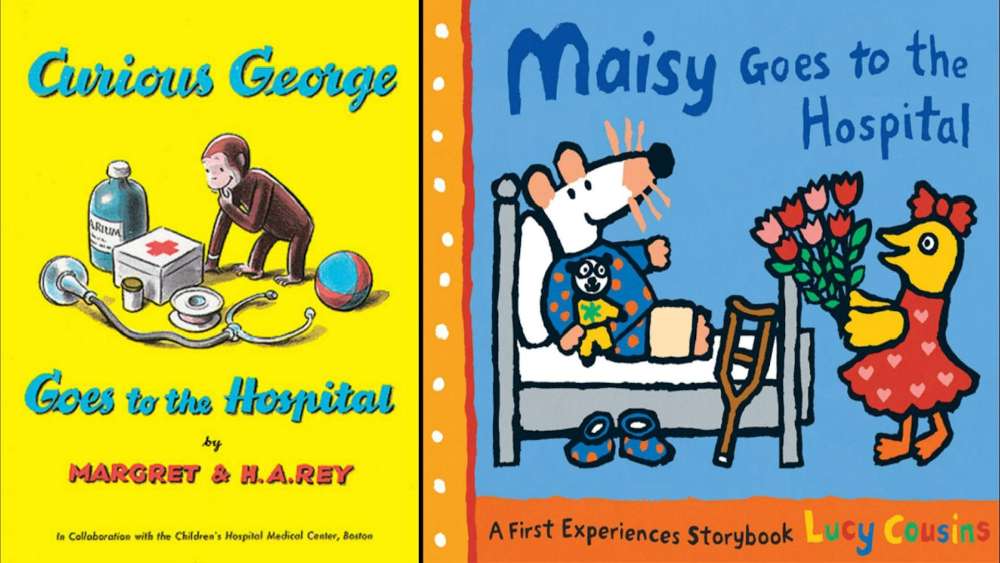 IMAGES: HOUGHTON MIFFLIN HARCOURT (LEFT) AND CANDLEWICK PRESS
IMAGES: HOUGHTON MIFFLIN HARCOURT (LEFT) AND CANDLEWICK PRESS
3. Using stories to help your child make sense of what is happening
Storybooks with relatable hospital scenarios (especially with favourite characters) can be a great tool to prep and open your child’s mind to their own situation. Some examples include Maisy Goes to Hospital by Lucy Cousins, Curious George Goes to the Hospital by Margret and H. A. Rey, Franklin Goes to the Hospital by Paulette Bourgeois, and Do I Have to Go to the Hospital? by Pat Thomas.
4. Communicating with health professionals
At the hospital, keep a list of questions you want to ask your child’s healthcare team. With all that’s going on, it can be hard to think of questions on the spot and keep all the new information straight. Take notes when talking to doctors, nurses and other health professionals and don’t be afraid to ask them to explain medical terms or anything else that you find confusing. If you are upset or have concerns about your child’s treatment, consider discussing it somewhere away from your child so that they don’t overhear and become worried.
5. Advocating for your child
As a parent, be empowered to stand up for your child and make this difficult time a little easier for them. For example, if you feel like your child’s pain isn’t being adequately managed, ask for better pain treatment. If you know your child needs more rest and isn’t up for visitors yet, kindly let any well-meaning relatives and friends know; they will understand. If a staff person is unable to insert an IV on the first try, politely ask if there’s someone else who can do it. It’s not about being difficult or one of “those” parents with impossible demands; it’s about advocating for your child because they need you to.
6. Caring for other children at home
One child being hospitalised can impact the whole family. If you have other children, try to maintain a sense of normalcy by continuing their routines as best as you can. Take turns staying at the hospital with your spouse so that one of you can hold down the fort at home. Accept help from relatives (yay, grandparents!) to ease some of the pressure so that you have the emotional capacity be there for your family.
Alert your other kids’ teachers about the hospital situation, as sometimes “healthy” siblings can act out in response to what’s happening. Their normal family life has changed and mum and dad aren’t around as much, so they may feel neglected; consequently, they may want more of your attention. Even if you already have a lot on your plate, look out for these signs of stress in your other kids and encourage them to talk about their feelings. When you’re too tired, simply cuddling with them can go a long way too.
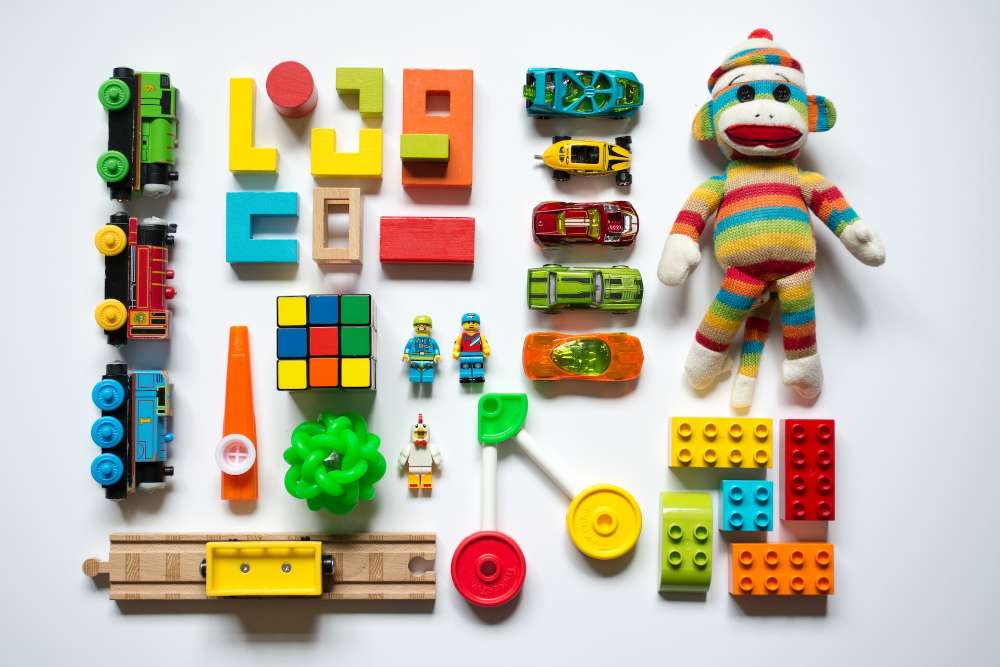 IMAGE: UNSPLASH
IMAGE: UNSPLASH
7. Activities to help your child stay entertained and positive in the hospital
After the initial crisis, staying in the hospital can be… well, boring. There is a lot of waiting and staying in bed and staring at the same art on the wall. Here are some ideas to help you child cope with boredom and stay engaged with learning in the hospital:
Activities: You can bring books, games, art and colouring kits, play dough, nail polish for a DIY mani-pedi session, a small Lego kit and a “surprise bag” with some new toys. Sure, the iPad and TV provide convenient distraction, but it’s probably not a good idea to stare of a screen all day. Best to switch up the entertainment.
Homework: Some kids and parents might worry about falling behind in schoolwork during the hospital stay. Ask the teacher for homework to do in the hospital if your child is feeling up for it. If not, don’t worry; the school should understand and you can ask for extra time to complete homework once your child is back.
Staying connected: It can be disorienting to be away from family and friends if your child is hospitalised for more than a couple of days. Once they’re feeling up for visits, it’s important to let their family members (especially siblings) and friends see them. You can also let your child keep in touch by setting up video calls. Staying connected can help cheer them up.
8. Taking care of yourself
Yes, your kid is the one in pain, but the hospitalisation can take a physical and emotional toll on parents too. Here are ways to keep it together and make the hospital stay a little easier for yourself, for the good of those depending on you.
Sleeping: This is important when you have to monitor, process new information and make very important decisions. You won’t get the best sleep in a hard fold-out bed in a not-so-quiet children’s ward, so again, take turns overnighting with your spouse. When visiting your child during the daytime, nap when they nap.
What to pack: Other than general toiletries and things for your child, here are other ideas for what to pack to make your stay more comfortable:
- Eye mask and ear plugs
- Comfortable clothes for layering
- Slippers and socks
- Pillows from home and bedding/padding because again: uncomfortably hard fold-out beds
- Homemade food and healthy snacks
- Light reading material that won’t require much concentration
- Electronics: iPad, phone, chargers, etc.
Don’t blame yourself: This point has more to do with your emotional well-being. Often, when trying to make meaning of their child’s injury or illness, parents think a lot of “what if’s” and “should have’s”: What if I had done this/ not done this? I should have seen it coming. I should have been more careful. Even when it’s an accident or an illness beyond our control, as parents, we often still feel responsible because we feel it’s our role to protect our children’s safety and health. As hard as it is to remove yourself from this place of blame, beating yourself up over what happened will not help your child. Look forward instead.
 IMAGE: 123RF
IMAGE: 123RF
9. Getting ready to be discharged
Your child’s doctors and nurses are like a safety net, so it’s natural to feel nervous about leaving the hospital to take care of your child on your own at home. To help you get ready for discharge, here is a checklist:
- Medication: Double check what and how much medication to give, and when.
- Instructions for caring for your child at home: Make sure you understand the instructions for how to care for your child post-discharge. If your child requires medical equipment at home, ask the nurses to help you practice until you are comfortable enough to handle it on your own.
- Follow-up appointments: Schedule them beforehand.
- Red flags: What are the alarming symptoms you need to look out for? What should you do if it occurs?
- Medical certificates: If needed, get it for your child’s school.
- Contact information: Ask your child’s doctor for their phone number and e-mail. It doesn’t hurt to ask and it can bring you peace of mind when you go home.
10. Readjusting to life at home
Being hospitalised is a big event and often even after coming home, children are not fully well yet. As a result, they may feel unsettled and act more clingy. Be understanding and don’t expect too much. Give your child some time and patience to return to their normal selves as you ease them back into their routine.
Also, if your other children want to help with caring for their recovering sibling, give them small “jobs” that make them feel important and involved. Lastly, have faith in yourself! You were there for your child through their hospital stay and you are capable of helping them through their recovery and readjustment to life at home.
For the latest updates on Wonderwall.sg, be sure to follow us on TikTok, Telegram, Instagram, and Facebook. If you have a story idea for us, email us at [email protected].









